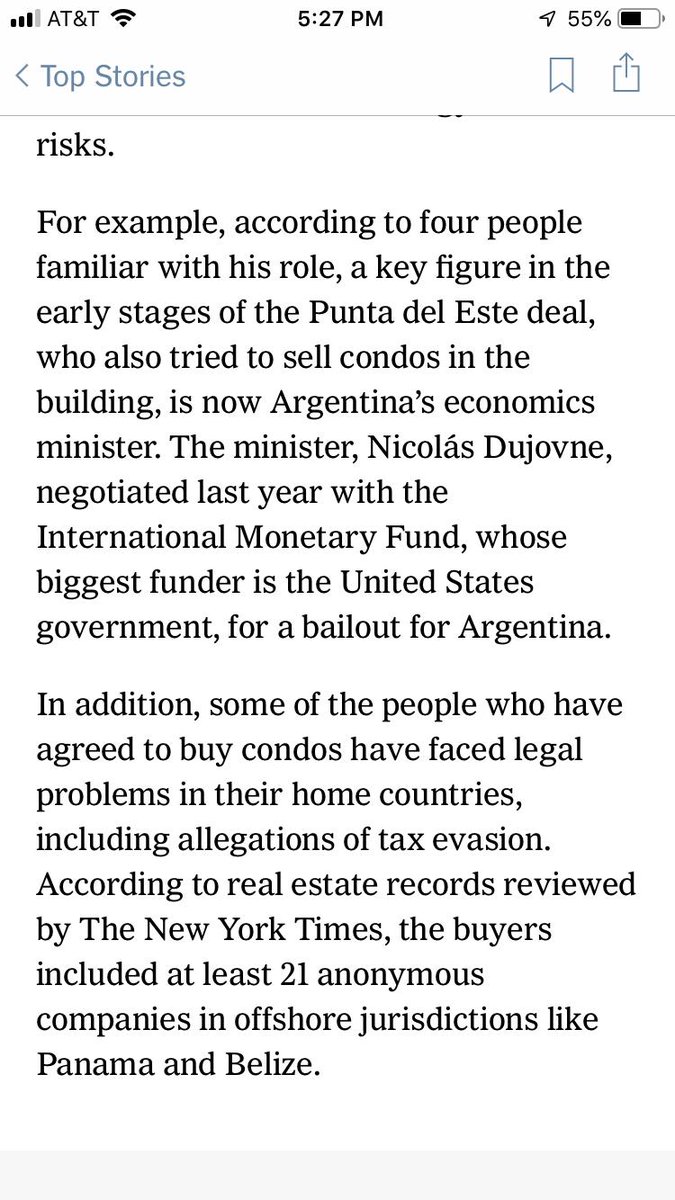
I'm writing. Which means procrastinating.
So I've been thinking about some Rules for Reporting:
1. Pick up the damn phone. You know less than you think but someone out there knows something. This is scary and won’t get easier over time. (credit: @Colarusso42)
So I've been thinking about some Rules for Reporting:
1. Pick up the damn phone. You know less than you think but someone out there knows something. This is scary and won’t get easier over time. (credit: @Colarusso42)
2. Ask dumb questions. Your job is to look at closed priesthoods and ask why they do the things they do. You will be told you are dumb. That’s ok. One of those questions will turn out to be newsworthy.
3. Destroy your ego. The process of becoming a good reporter is figuring out it's not about you looking smart. (Harder for some than others.)
4. Surround your story. Don’t just focus on the subject. Figure out all the kinds of people who intersect w/ your subject. If you are covering a company, that means customers, suppliers, regulators, investors, attorneys, contractors, high-, medium-, & low-level employees, etc.
5. Prepare for an interview. Don’t prepare forever (See rule #1). But even two minutes of googling while you are introducing yourself is better than nothing.
6. Honor the complexities & expertise of the subject & interviewee. Nothing builds more trust than to truly demonstrate that you take the subject seriously.
7. Then be actually trustworthy. Emphasize you care about fairness & accuracy. Keep your word.
8. Listen. Don't perform listening. Don't plot your next question & forget to listen to the answer.
9. Ask for "help”: You aren't looking for information; you definitely aren't "investigating"; you're just throwing yourself at the mercy of the most important person in the world.
10. Flattery works. Flattery works, even when the person knows he/she is being flattered. Everyone you talk with is the most interesting, most heroic person imaginable.
11. Broadly, there are two reporting techniques: Pretending you know more and pretending you know less. Employ both but strategically.
12. Low stakes/high stakes technique. Sometimes you want to convey that the source only needs to help you w/ one tiny, little, no big deal thing. Sometimes you want to convey that the source is the most important person on the most important story in the yawning universe.
13. Don’t over-value secret information. Just because something was hard to get doesn’t make it important or newsworthy.
14. Fight fact aphasia. All facts are not equal. The key skill of journalism is telling the important ones from the unimportant ones. This particularly plagues "investigative" reporters. (Credit: @ericuman)
15. Believe and disbelieve your own story. A big story is lonely and people will tell you it’s wrong. You have to trust yourself that something is there, while also doubting everything you think you are learning.
16. Finding people to talk is hard. Finding people who talk and know something is harder. One hack: Talk to people who talk to journalists. Who knows? You might ask them something no one has asked before. At least you had a conversation.
17. Credit widely. It’s the right thing to do. It spreads goodwill. It makes you look learned.
18. No surprises. Every subject of every story deserves a chance to respond to every fact and the context of those facts. (This is scary; you are going to be told you are wrong.) It’s fair. It also covers your ass, protecting you from getting small and big things wrong.
19. You can get all the facts right and still be wrong. Understand the larger context of your story.
That's it for now. Back to work.
Subscribe to my Substack! Hire me out for parties!
Subscribe to my Substack! Hire me out for parties!
• • •
Missing some Tweet in this thread? You can try to
force a refresh



